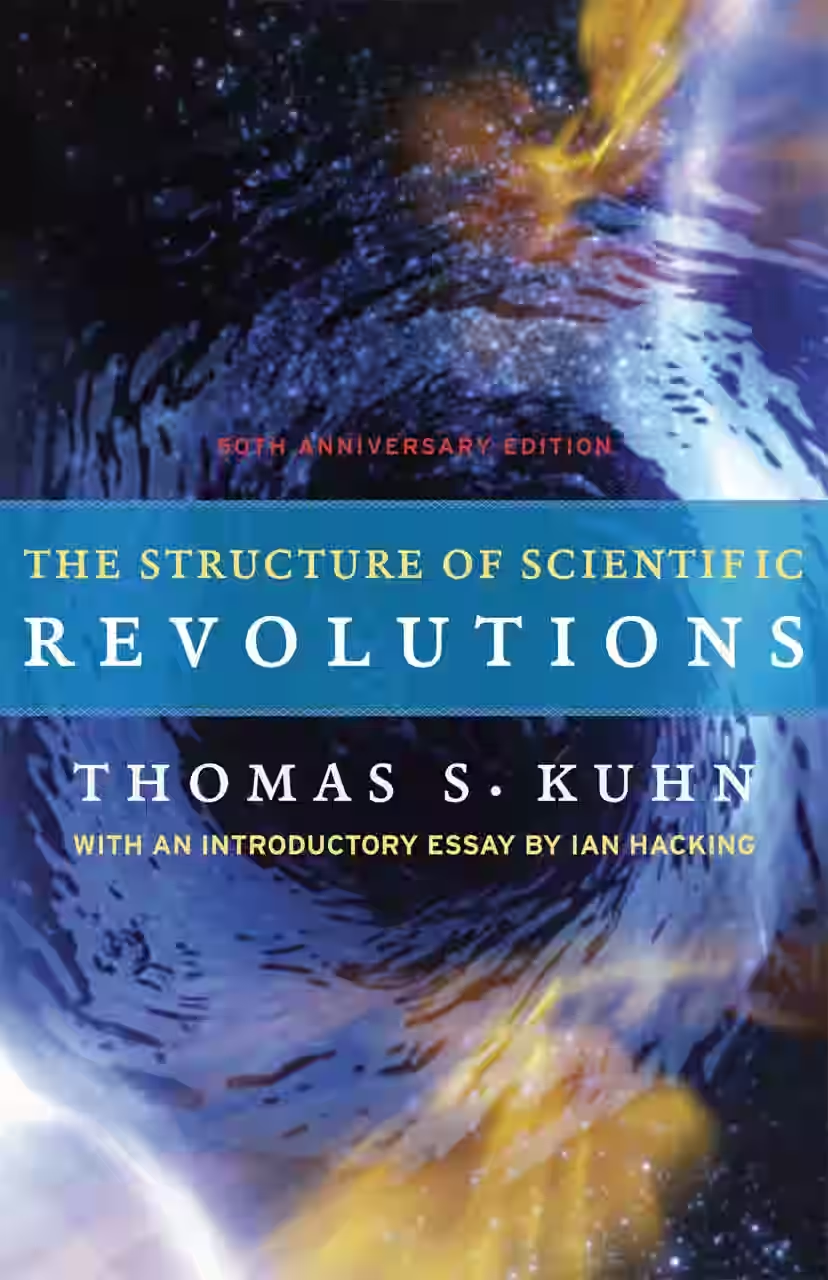
Hannah Arendt's 'The Origins of Totalitarianism' is a groundbreaking work that delves into the rise of totalitarian regimes in the 20th century. Through a detailed analysis of historical events, ideologies, and societal factors, Arendt explores how totalitarianism took hold in Nazi Germany and Stalinist Russia. She highlights the erosion of individual freedoms, the manipulation of truth, and the dehumanization of entire populations as key components of these oppressive systems. Arendt's profound insights continue to resonate in the modern world, shedding light on the dangers of unchecked power and the importance of safeguarding democracy and human rights.
About Hannah Arendt
Hannah Arendt (1906-1975) was a German-born American political theorist and philosopher known for her profound insights into totalitarianism, authority, and the nature of power. Escaping Nazi persecution, Arendt's work was shaped by her experiences as a stateless refugee. She is renowned for her groundbreaking book 'The Origins of Totalitarianism,' a seminal work that analyzed the rise of authoritarian regimes in the 20th century. Arendt's concept of the 'banality of evil,' introduced in her coverage of the Adolf Eichmann trial, sparked intense debate and remains a significant contribution to moral philosophy. Her commitment to examining the complexities of human behavior and politics continues to influence scholars across various disciplines.
Similar Books

Nexus
In a future where mind-enhancing nanotechnology connects brains like apps, a young scientist develops Nexus 5, a powerful upgrade that could revolutionize human evolution—or destroy it. Caught between shadowy government forces and post-human extremists, he must navigate a dangerous world of espionage, ethics, and power struggles. Fast-paced and thought-provoking, Nexus explores the limits of human potential and the morality of scientific progress in a near-future thriller that blends cyberpunk and biotech with philosophical depth.

The Structure of Scientific Revolutions
Kuhn’s seminal work revolutionized how we understand science. He argues that scientific progress doesn’t occur gradually, but through paradigm shifts—periods of radical change in fundamental frameworks. Normal science operates within accepted paradigms until anomalies accumulate, prompting a crisis and eventual revolution. Kuhn uses historical case studies to illustrate this cycle, challenging the belief in linear scientific advancement. First published in 1962, The Structure of Scientific Revolutions has had a lasting impact on the philosophy of science, influencing fields from sociology to history. It remains essential reading for anyone seeking to understand how scientific knowledge evolves.

The Wealth of Nations: Books I-III
by Adam Smith
Series: The Wealth of Nations (#1)
In Books I–III of The Wealth of Nations, Adam Smith lays the foundation of classical economics by exploring the nature of labor, productivity, and market systems. He introduces the concept of the "invisible hand" and argues that individual self-interest can promote the public good through free-market mechanisms. Book I focuses on the division of labor and value, Book II on capital and stock, and Book III on the historical evolution of economic systems. Smith’s analysis of productivity, competition, and the role of self-regulation revolutionized economic thought and established key principles that underpin modern capitalism and economic theory.

The Better Angels of Our Nature
In The Better Angels of Our Nature, cognitive scientist Steven Pinker argues that, contrary to popular belief, violence has declined significantly over human history. Drawing on data from psychology, history, and political science, Pinker examines how societal changes—such as the spread of literacy, trade, and centralized governance—have contributed to a more peaceful world. He identifies forces like empathy, reason, and moral progress as "better angels" guiding human behavior. Though controversial, the book provides a compelling, data-driven narrative that challenges pessimistic views of human nature and makes a bold case for the progress of civilization over the centuries.